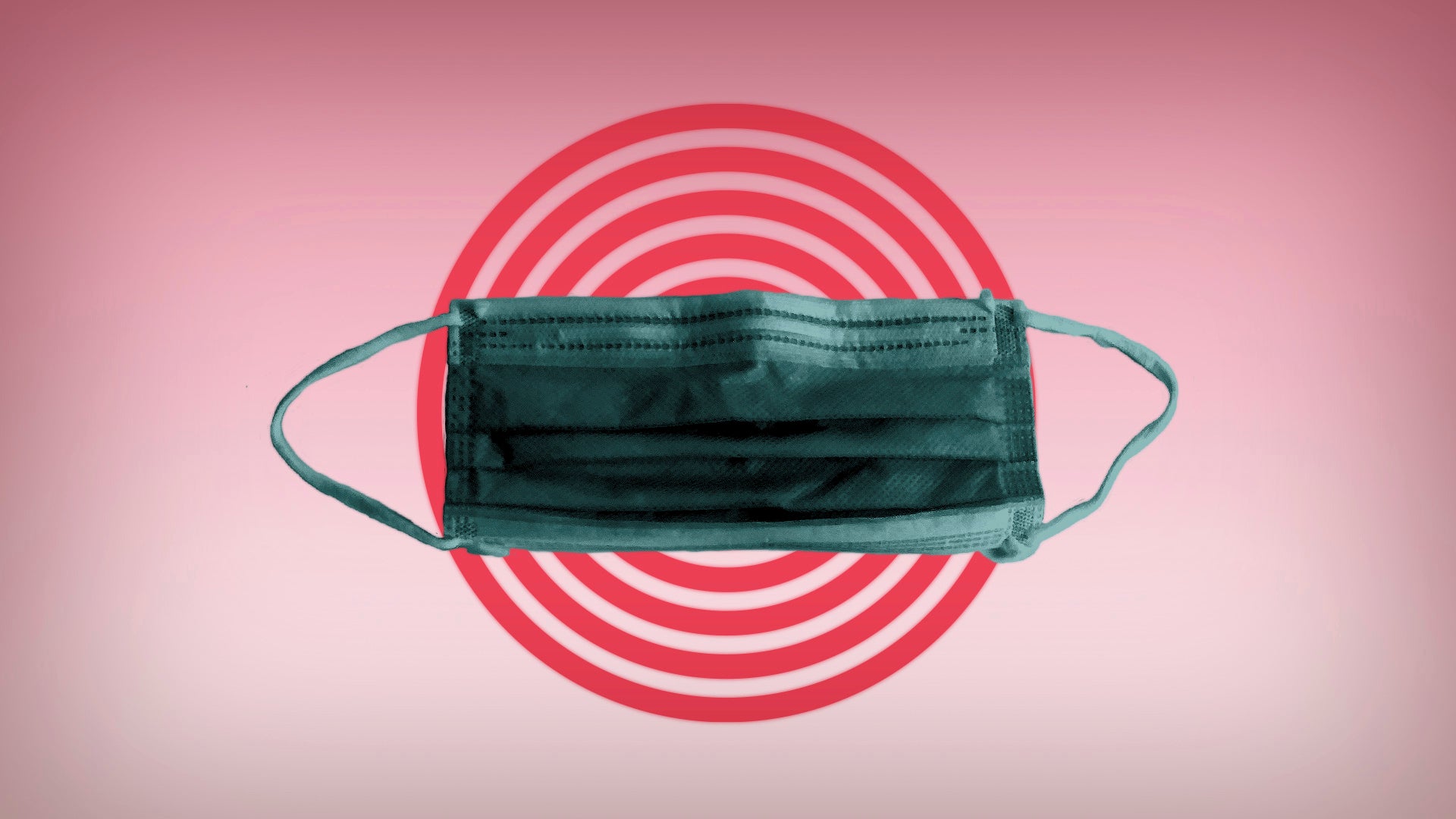Can I stop wearing a mask after getting a COVID-19 vaccine?
Even after COVID-19 vaccinations start in the U.S., masks and social distancing will be recommended for some time

Your support helps us to tell the story
From reproductive rights to climate change to Big Tech, The Independent is on the ground when the story is developing. Whether it's investigating the financials of Elon Musk's pro-Trump PAC or producing our latest documentary, 'The A Word', which shines a light on the American women fighting for reproductive rights, we know how important it is to parse out the facts from the messaging.
At such a critical moment in US history, we need reporters on the ground. Your donation allows us to keep sending journalists to speak to both sides of the story.
The Independent is trusted by Americans across the entire political spectrum. And unlike many other quality news outlets, we choose not to lock Americans out of our reporting and analysis with paywalls. We believe quality journalism should be available to everyone, paid for by those who can afford it.
Your support makes all the difference.Can I stop wearing a mask after getting a COVID-19 vaccine?
No. For a couple reasons, masks and social distancing will still be recommended for some time after people are vaccinated.
To start, the first coronavirus vaccines require two shots; Pfizer’s second dose comes three weeks after the first and Moderna’s comes after four weeks. And the effect of vaccinations generally aren't immediate.
People are expected to get some level of protection within a couple of weeks after the first shot. But full protection may not happen until a couple weeks after the second shot.
It's also not yet known whether the Pfizer and Moderna vaccines protect people from infection entirely, or just from symptoms. That means vaccinated people might still be able to get infected and pass the virus on, although it would likely be at a much lower rate, said Deborah Fuller, a vaccine expert at the University of Washington.
And even once vaccine supplies start ramping up, getting hundreds of millions shots into people's arms is expected to take months.
Fuller also noted vaccine testing is just starting in children, who won’t be able to get shots until study data indicates they're safe and effective for them as well.
Moncef Slaoui, head of the U.S. vaccine development effort, has estimated the country could reach herd immunity as early as May, based on the effectiveness of the Pfizer and Moderna vaccines. That's assuming there are no problems meeting manufacturers' supply estimates, and enough people step forward to be vaccinated.
___
The AP is answering your questions about the coronavirus in this series. Submit them at: FactCheck@AP.org.
Read previous Viral Questions:
Should I wipe down groceries during the pandemic?
What does emergency use of a COVID-19 vaccine mean?
What does COVID-19 vaccine effectiveness mean?